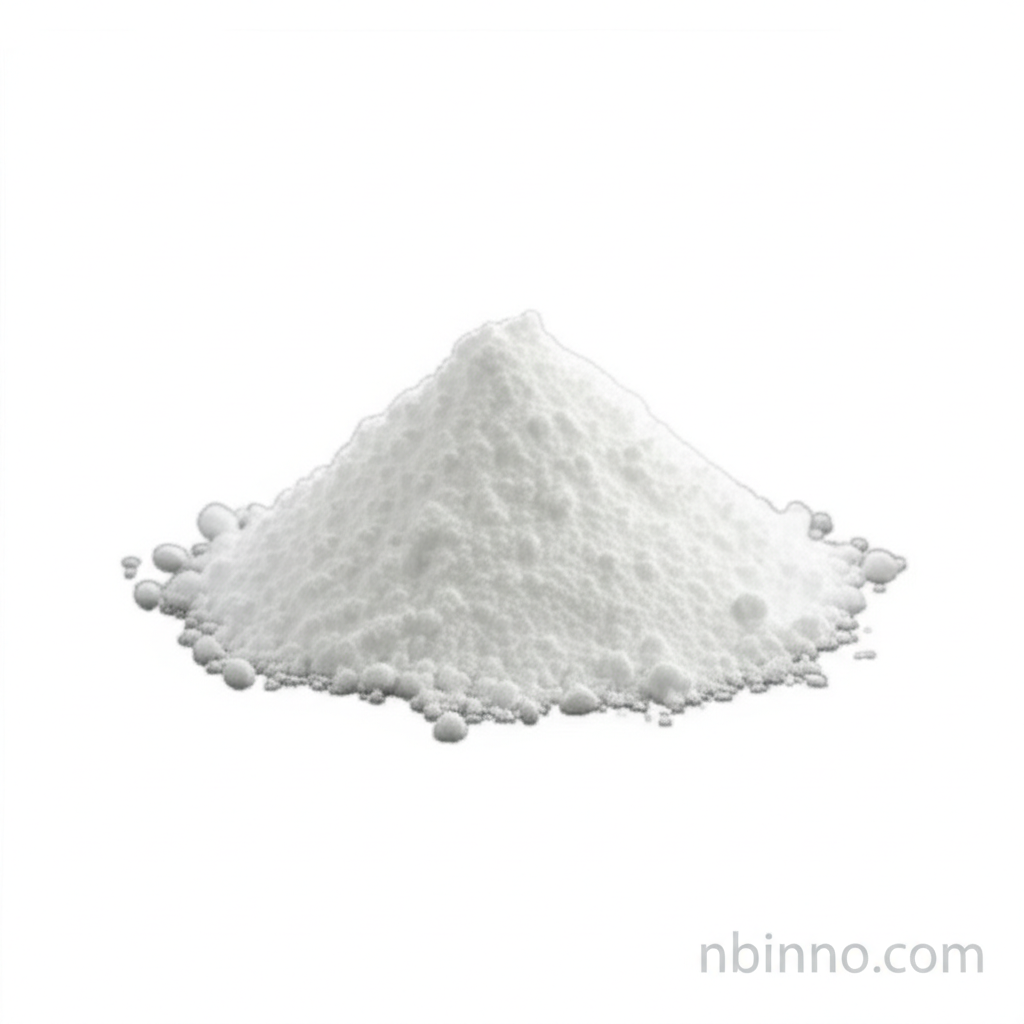Unlocking Advanced Materials with Carbonyldiphthalic Anhydride
Discover the critical role of this versatile monomer in shaping the future of high-performance polymers and fine chemicals.
Get a Quote & SampleProduct Core Value

Carbonyldiphthalic Anhydride
Carbonyldiphthalic Anhydride (BTDA) is a vital organic compound extensively used as an intermediate and monomer in the chemical industry. Its unique chemical structure enables the creation of advanced materials with superior properties, making it indispensable for a range of high-performance applications.
- Pioneering Polyimide Synthesis: Learn how BTDA polyimide monomer is central to manufacturing robust polyimide materials, known for their thermal stability and mechanical strength.
- Advanced Polymer Chemistry: Explore the synthesis of high-performance polymers with BTDA, facilitating the development of materials for demanding environments and applications.
- Key Chemical Properties: Understand the critical BTDA chemical properties, including its reactivity and form, which are essential for precise industrial processing and product development.
- Versatile Industrial Applications: Discover the broad spectrum of carbonyldiphthalic anhydride applications, from creating durable plastics to serving as a building block for specialized fine chemicals.
Advantages You Gain
Enhanced Material Performance
The incorporation of Carbonyldiphthalic Anhydride CAS 2421-28-5 into polymer chains significantly boosts thermal stability, chemical resistance, and mechanical integrity, enabling materials to perform under extreme conditions.
Processability and Solubility
The presence of keto and carbonyl groups within the BTDA molecule enhances the solubility and processability of the resulting polyimides, simplifying manufacturing processes and expanding design possibilities for final products.
Foundation for Innovation
As a key intermediate in organic chemistry, BTDA provides a foundational component for innovation in materials science, driving the development of new composites, coatings, and electronic materials.
Key Applications
Polyimide Material Production
BTDA is a cornerstone monomer for the production of high-performance polyimide materials, crucial for aerospace, electronics, and automotive industries due to their exceptional thermal and electrical insulation properties.
Advanced Polymer Synthesis
Its utility extends to the synthesis of various advanced polymers, contributing to the creation of specialized plastics, films, and fibers with tailored properties for specific industrial demands.
Fine Chemical Intermediates
As a critical fine chemical intermediate, BTDA is employed in complex organic synthesis pathways, leading to the creation of specialized molecules used in pharmaceuticals, agrochemicals, and other value-added chemical products.
Epoxy Resin Curing
BTDA also functions as a curing agent for epoxy resins, enhancing the thermal and mechanical properties of the cured materials, making them suitable for high-performance coatings and adhesives.
